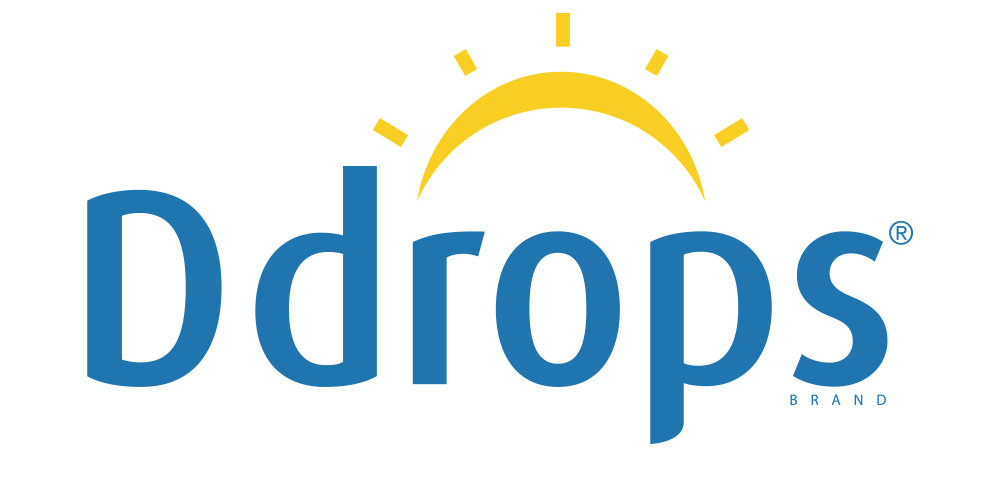June 23, 2016
Higher percentages of fat in milk could lead to higher vitamin D levels in children, a study presented at the Canadian Paediatric Society 93rd Annual Conference suggests. The authors concluded that homogenized milk may be more appropriate than reduced-fat milk in maximizing vitamin D levels and minimizing obesity.
Fortified cow’s milk is an important dietary source of vitamin D, as well as fat, for North American children. The study, led by Shelley Vanderhout, Jonathan Maguire, Catherine S Birken, Patricia Parkin, Gerald Lebovic, Yang Chen, and Deborah O’Connor, set out to examine the unclear relationship between lower milk fat stores, vitamin D, and childhood obesity. Current guidelines recommend reduced milk fat consumption, strictly based on reducing childhood obesity. Vitamin D content was not a consideration for these milk guidelines. While the main goal of this study was to examine this relationship, a secondary goal was to understand if the volume of milk consumed has any impact on body mass index or vitamin D levels in children.
A total of 2,745 healthy infants and children between the ages of 12 and 72 months participated in this Toronto-based study. The results were as follows:
The amount of fat content of milk is associated with higher vitamin D levels, with an average of 5.4 nmol/L higher vitamin D levels in the group who drank homogenized milk. This study also showed that children who drank one cup of homogenized milk had similar vitamin D levels as children who drank almost three times as much, or 2.85 cups of skim milk. Let’s not forget that vitamin D is a fat-soluble vitamin, so if milk contains more fat, then the chances are the higher fat portion in homogenized milk contains more vitamin D.
Adequate levels of vitamin D in the bloodstream are essential for the development of strong, healthy bones and teeth during this time of rapid growth. Bones and teeth require minerals such as calcium and phosphorus, which vitamin D helps the body absorb. The National Academy of Medicine recommends that all children receive a daily vitamin D supplement of 600 IU.
The study also examined the effect of milk fat content and volume on age-adjusted body mass index scores (zBMI), which can serve as a marker for obesity. Consumption of homogenized milk was associated with a lower zBMI score in this study! This result may be surprising, as we would think that a higher fat content might mean chubbier children. Actually, the findings from this study add to earlier evidence, that this is a misconception. Why is this the case? At this point, there is only speculation, and scientist would like more research in this area.




Tinggalkan komentar
Situs ini dilindungi oleh hCaptcha dan berlaku Kebijakan Privasi serta Ketentuan Layanan hCaptcha.